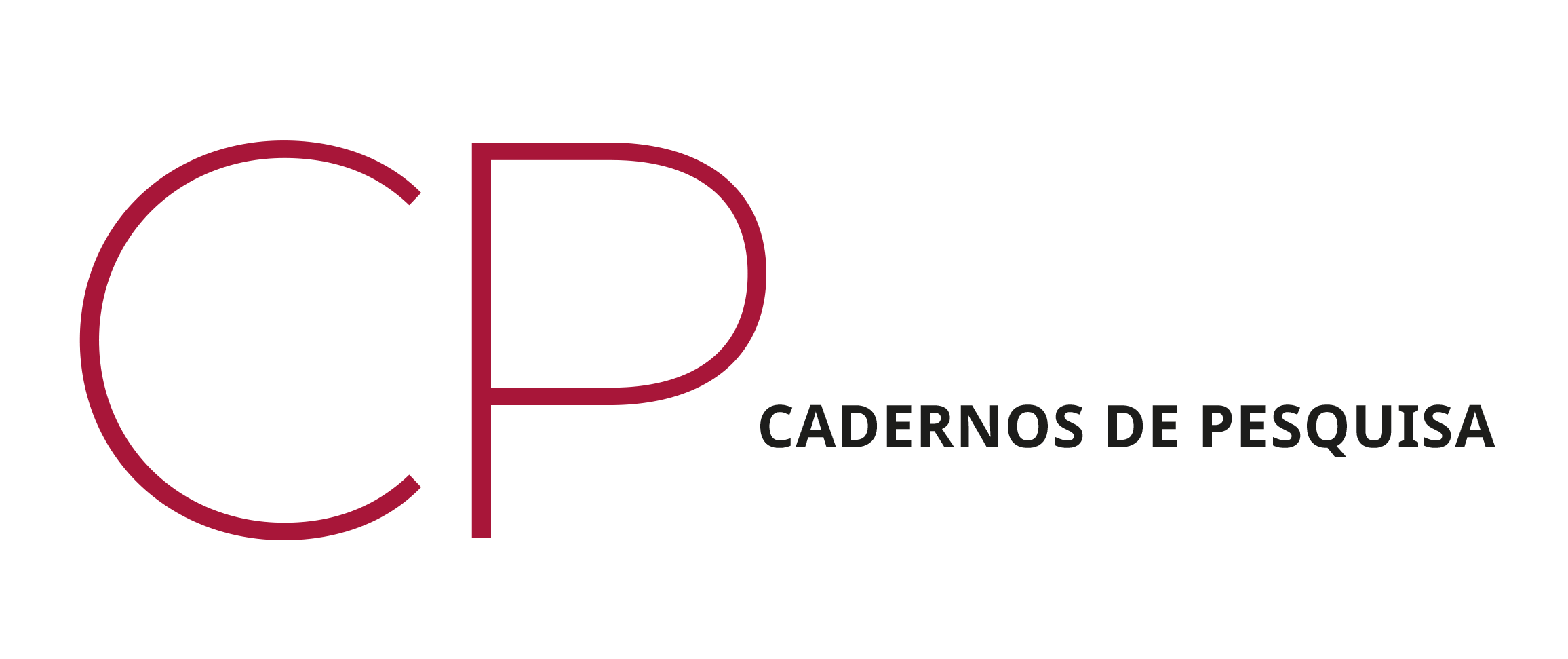This article analyzes the limits and possibilities for schools to include students with schooling deficits who receive support from the accelerated learning programs, in their regular education processes. Based on evaluations of these programs done by professors from the Post Graduate Program in Educational Psychology of the Pontifical Catholic University of São Paulo and by researchers from the Nucleus for Educational Evaluation of the Carlos Chagas Foundation, the results will be discussed in two analytical categories. In the first category, I analyze the effects of the teaching strategies promoted by the programs on the learning and progress of the participating students. In the second category, I seek to analyze the possibilities for integration/inclusion of these students in the regular educational process. Finally by way of conclusion, I try to make some theoretical-methodological considerations. Distinguishing between integration and inclusion I discuss the limits and possibilities of the actions that the programs would have to undertake to really promote the development of a school without exclusion.
